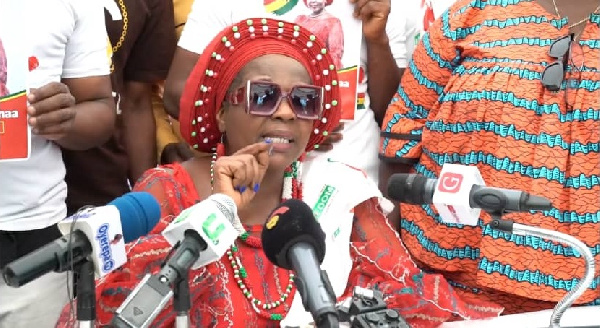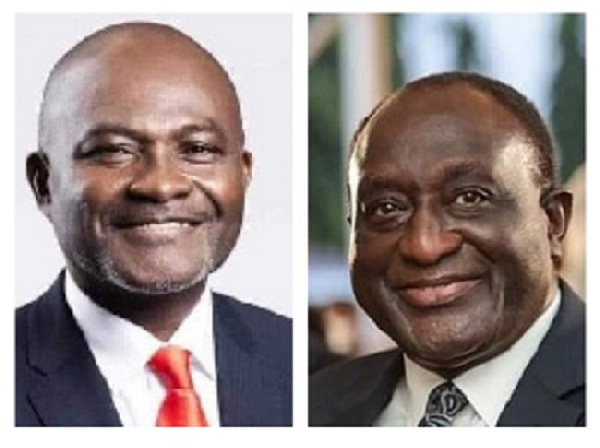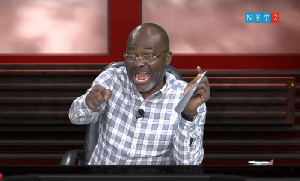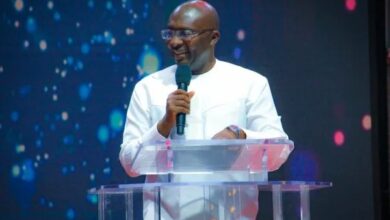No minister will sign a contract by himself under my watch – Nana Akosua Frimpomaa

This comes on the back of claims made by the World Bank country director, Pierre Laporte that the Power Purchase Agreements made by the John Dramani Mahama administration were poorly negotiated.
The CPP Chairperson added that she would recruit a committee of experts, entrepreneurs, policymakers and volunteers who understand and can tell the progress and repercussions contracts signed can have on the county in the long run.
She was speaking in an interview with Etsey Atisu on the Election Desk on GhanaWeb TV.
“Under my administration, listen to me, no minister by himself will sit down with the private sector and sign a contract and bring it to the cabinet for it to be endorsed and take it to parliament. No, the minister’s signature will be there until maybe the whole system is changed.
“However, there will be committees of core people, special volunteers, just as we have in other parts of the world. A core of people who are experts, entrepreneurs who are experts in the catering area. So, when you are signing something for ore or gold or thermal or energy, you must have experts who love the country. Experts who care about people, whose interest on that board is not to make money but to leave a legacy,” Nana Akosua said.
Pierre Frank Laporte, the World Bank (WB) Country Director to Ghana, said that Ghana’s energy sector debt is a major contributor to the country’s debt woes.
In an interview monitored by GNA, the country director indicated that his outfit identified certain factors that were driving the country’s debt situation.
According to Pierre Laporte, one of the factors the bank has identified is the energy sector.
He said the deficiencies in the sector characterized by the tariff systems and management issues coupled with expensive power purchases by the state in addition to the transmission losses, were the major problems in the energy sector driving Ghana’s debts.
Source: www.ghanaweb.com





